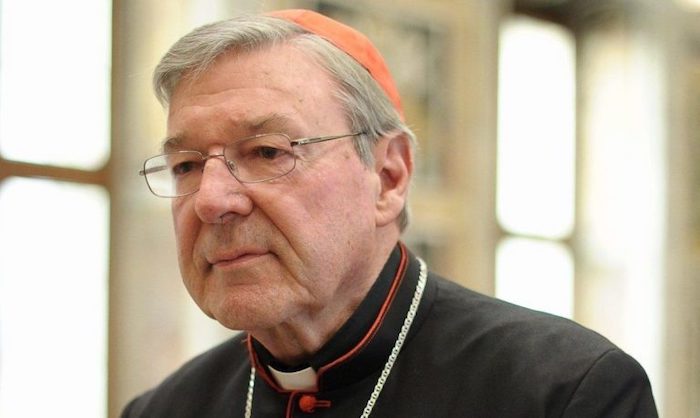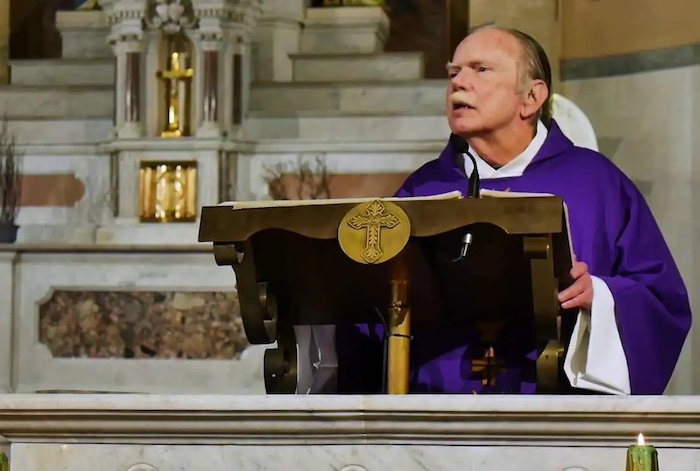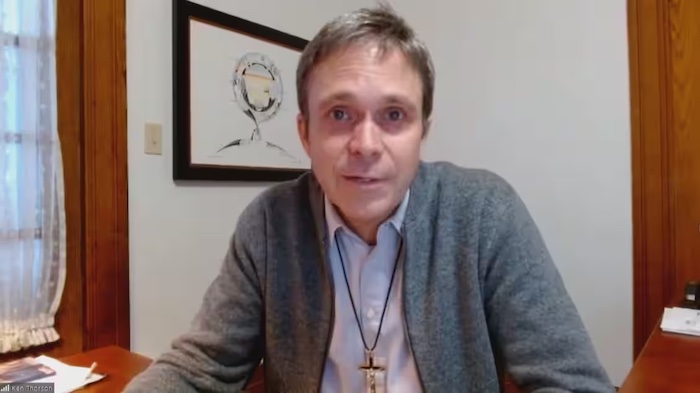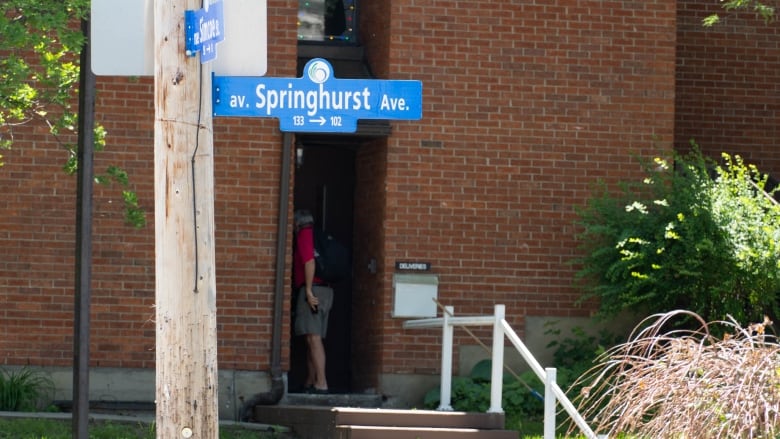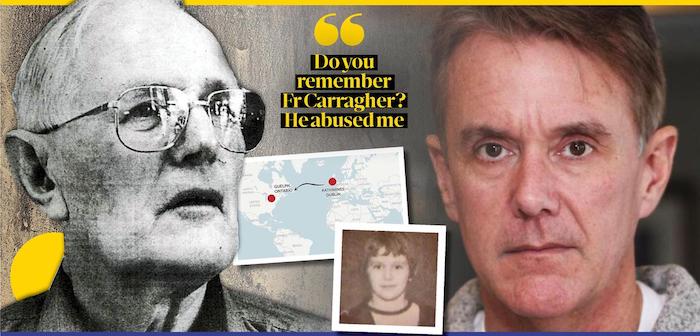— George Pell hung up on him
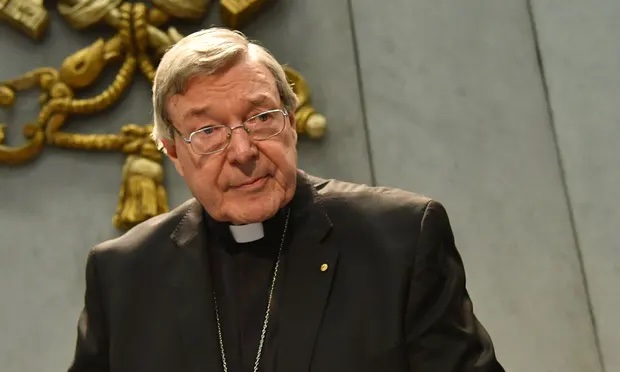
Graeme Sleeman resigned in disgust after complaining about Father Peter Searson in the 1980s and suspects he was then blacklisted
Former Catholic school principal Graeme Sleeman says he still remembers the day George Pell hung up on him.
It was the 1990s and Sleeman was in Grafton, New South Wales, more than 1,500km away from the small Victorian Catholic school he had resigned from in disgust years earlier.
He had given up everything – a lauded, successful career as an educator – to blow the whistle on a notorious paedophile priest, Father Peter Searson, who was abusing children at his school, Doveton Holy Family primary school, in the mid-1980s.
The principal had fought tirelessly to protect his children from the predations of Searson, a paedophile he describes as a “serial offender”, who was known to the diocese for offending in his last parish in Sunbury.
“They knew that he sexually abused children in Sunbury and then he was sent to Doveton,” Sleeman said.
He wrote repeatedly to parish and archdiocese officials, warning them of the priest’s sexual advances towards children and his other violent and disturbing conduct, including carrying a gun around the school.
Sleeman’s pleas for action came to naught.
He resigned and was exiled from the Catholic school system. No one would give him another job. He suspects he was blacklisted for his complaints about Searson.
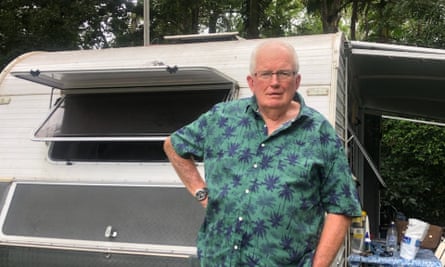
In the following years, his mental health and his family’s financial security both deteriorated badly.
He began to write to Pell, then the archbishop of Melbourne, explaining how the church had treated him and asking for help.
“Can you imagine the inner turmoil and anguish I had to contend with on a daily basis when I had concrete evidence of immoral and dishonest activities being perpetrated by Father Searson and yet no one from the archbishop down would believe me?” he wrote in one letter to Pell, dated March 1998.
Sleeman, who still receives counselling and now lives in a caravan on a property in Queensland, told Pell he had paid an “immeasurable price for my effort and loyalty, and the past 12 years have been like hell”.
After a series of unreturned correspondence, Sleeman’s phone rang, out of the blue.
It was the archbishop.
“He rang me up and he said ‘what do you want?’,” Sleeman told the Guardian. “I said ‘I want you to make a public statement that the stance I took in Doveton was the correct one, I want you to do that in all the national printed media and all the national television and radio’.”
“He said ‘I can’t do that’ and hung up.”
What Sleeman did not know at the time was that Pell, in his former role as auxiliary bishop for Melbourne in the 1980s, knew of a complaint of sexual impropriety by Searson and did not act to investigate it.
The royal commission heard in March 2016 that Pell and other bishops had been briefed about a generalised allegation of sexual misconduct against Searson in 1989.
Pell told the commission he did not act because he thought the Catholic Education Office had dealt with it.
“I didn’t have a belief that I had an investigator capacity or role,” Pell said at the time. “That was a role which I believed primarily in the schools was taken by the Education Office.”
Pell had also been handed a list of incidents and grievances about Searson in 1989, which included reports Searson had abused animals in front of children and was using children’s toilets.
The commission found that “these matters, in combination with the prior allegation of sexual misconduct, ought to have indicated to Bishop Pell that Father Searson needed to be stood down”.
“It was incumbent on Bishop Pell, as an auxiliary bishop with responsibilities for the welfare of the children in the Catholic community of his region, to take such action as he could to advocate that Father Searson be removed or suspended or, at least, that a thorough investigation be undertaken of the allegations,” the findings, released in 2020, said.
During his evidence to the royal commission, Pell conceded he should have been a “bit more pushy” about Searson.
He also said he had thought Sleeman to be a “rude and a difficult person”, but acknowledged that the former principal had been right about Searson.
“What I now know of course is that Sleeman was basically justified,” he told the royal commission.
Searson died in 2009 before facing any child sex charges.
Sleeman is now suing the church, represented by Ken Cush and Associates. His case alleges his ruined career in education was brought about by the church’s inaction on his legitimate complaints about Searson.
His lost career cost him and his family.
“My whole family has suffered from this, including my grandchildren. My nine-year-old said to me the other day, you’re famous. I thought she was referring to my prowess as a footballer, but she wasn’t.”
Between 1984 and 1986, while Sleeman was principal, he said he complained so many times to parish and diocesan officials that they described him as “obsessed”.
“Well, wouldn’t you be?” he told the Guardian.
Sleeman says he spent 99% of his time at the school trying to protect his children from the paedophile priest.
“I used to say to [church officials], ‘I won’t back down because this is little children’,” he said.
“My contract to be a principal says ‘[protect] the safety of children’ and you put the biggest wolf possible into the school. That’s the crazy part.”
Complete Article ↪HERE↩!

